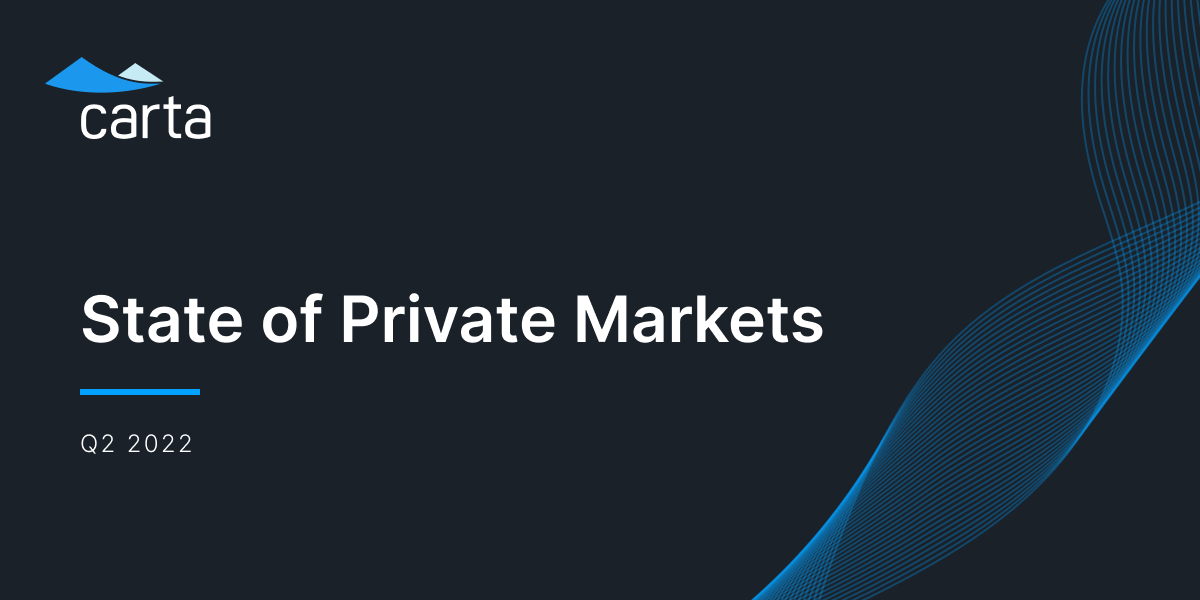In this three-part video series, we give a detailed breakdown of the differences between SAFEs and convertible notes, as well as the potential advantages and disadvantages of each.
Part 1: How SAFEs and convertible notes work
In the first episode, we provide an overview of how SAFEs and convertible notes work, as well as the high-level pros and cons of each.
Part 2: Valuation caps and conversion discounts
Now that we understand the main differences between SAFEs and convertible notes, we dig a little bit deeper to understand the specific pieces of each. We discuss how valuation caps and conversion discounts work, and learn how they incentivize investors to risk their money on your company at such an early stage.
Part 3: The difference between pre-money and post-money SAFEs
If you’re fundraising on a SAFE, your investors might have a preference about the valuation cap—will it be calculated on a pre-money basis, or a post-money basis? In episode 3, we explain the differences between each, and why it matters to your ownership dilution over time.
At Carta, we help startups with fundraising, compensation, valuations, equity management and much more. Talk to us to find out how we can help you grow.






